What Is an Applied Health Science Degree?
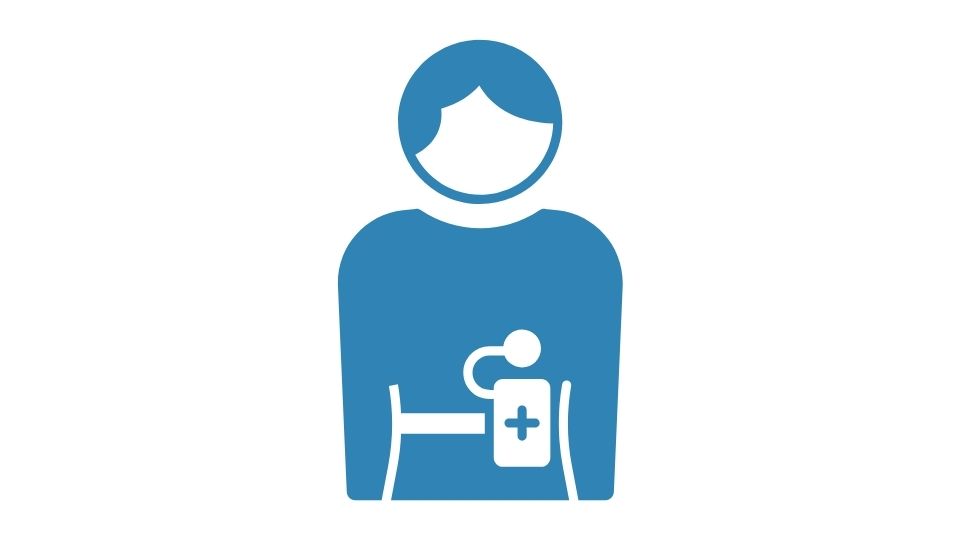
Ever wondered what an Applied Health Science degree actually is and if it might be right for you?
It’s basically a super flexible program that combines science, healthcare knowledge, and practical skills to prepare you for a ton of different health careers.
Whether you’re dreaming of becoming a doctor someday or want to jump straight into a healthcare job after graduation, this degree could be your ticket. Let’s break down what it’s all about, what you’ll learn, and where it might take you career-wise.
What Is an Applied Health Science Degree?
An Applied Health Science degree blends natural sciences, social sciences, and healthcare-specific knowledge into one comprehensive package. Think of it as the Swiss Army knife of health degrees.
This isn’t just theoretical learning—it’s called “applied” for a reason. You’ll gain practical skills you can actually use in real healthcare settings, making you valuable to employers right away.
The degree comes in different forms, most commonly as a Bachelor of Science (BS), but sometimes as an Associate of Applied Science (AAS) if you’re looking for a faster track.
Core Components You’ll Study
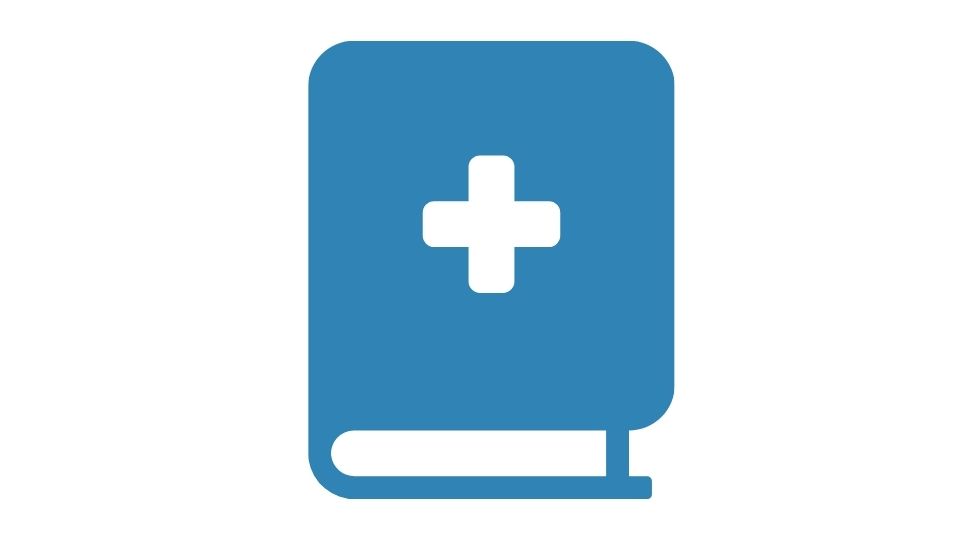
1. Science Fundamentals + Healthcare Specifics
You’ll dive into anatomy, physiology, and other biological sciences, but with a healthcare application focus. Wayne State University’s program includes courses like medical terminology and pathophysiology—stuff you’ll actually use on the job.
2. Communication Skills That Save Lives
Ever had a doctor who couldn’t explain what was wrong with you in terms you understood? Yeah, that won’t be you. These programs emphasize healthcare communication, teaching you how to talk to patients, families, and other healthcare professionals effectively.
3. Research and Data Analysis
You’ll learn how to read and understand healthcare research, work with statistics, and make evidence-based decisions. This is crucial in modern healthcare where treatments and protocols constantly evolve based on new evidence.
4. Ethics and Cultural Competence
Healthcare isn’t one-size-fits-all. You’ll explore how cultural differences impact health and learn to provide care that respects all backgrounds. Programs like BGSU’s emphasize this multicultural approach.
5. Hands-On Experience
Most programs include internships, clinical observations, or capstone projects. This real-world experience is invaluable—both for your resume and for figuring out which healthcare path feels right for you.
Degree Structure and Requirements
Bachelor’s programs typically require around 120 credit hours, including:
- General education requirements
- Core health science courses
- Specialized electives
- Practical experiences
Many programs let you choose a concentration like:
- Public health
- Health administration
- Health education
- Environmental health
The beauty is the flexibility—you can tailor the degree to match your specific career goals. Indiana University’s program offers different tracks including Community Health Education and Health Administration.
Where Can This Degree Take You?
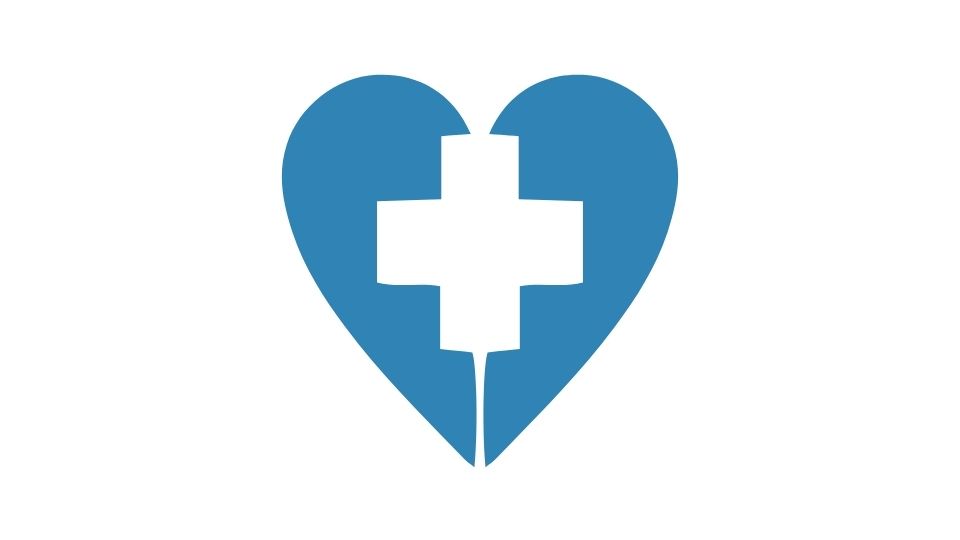
Here’s where it gets exciting. Applied Health Science graduates have tons of options:
Direct Career Entry
- Health Educator
- Community Health Worker
- Healthcare Coordinator
- Program Evaluator
- Environmental Health Technician
- Patient Navigator
- Research Assistant
- Healthcare Administrator (entry-level)
Stepping Stone to Advanced Degrees
Many students use this degree as preparation for:
- Medical School
- Physician Assistant Programs
- Physical Therapy
- Occupational Therapy
- Public Health Masters
- Healthcare Administration Masters
The healthcare field is growing fast—the Bureau of Labor Statistics projects healthcare occupations to grow 13% from 2021 to 2031, much faster than the average for all occupations.
Why Choose Applied Health Science?
Versatility – Keep your options open with a degree that works for multiple career paths
Practical Skills – Learn things employers actually want, not just theoretical knowledge
Growing Field – Healthcare isn’t going anywhere, and demand for qualified professionals continues to rise
Meaningful Work – Help improve people’s health and well-being (how many degrees can promise that?)
Solid Foundation – Whether you enter the workforce or continue to graduate school, you’ll have the knowledge base you need
Example Courses You Might Take
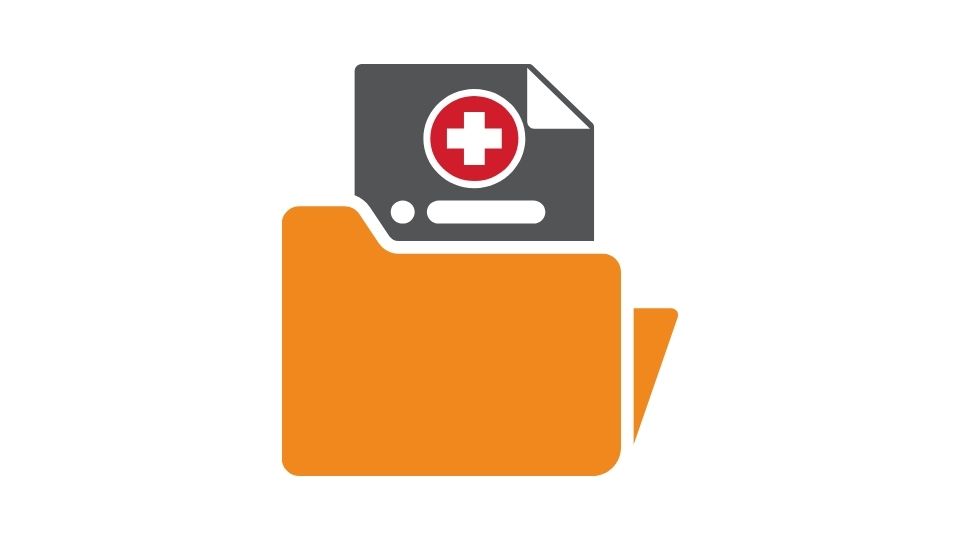
- Anatomy and Physiology
- Medical Terminology
- Healthcare Ethics
- Public Health Policy
- Program Planning and Evaluation
- Health Communication
- Healthcare Finance Basics
- Community Health Assessment
- Environmental Health Sciences
- Health and Aging
Is This Degree Right For You?
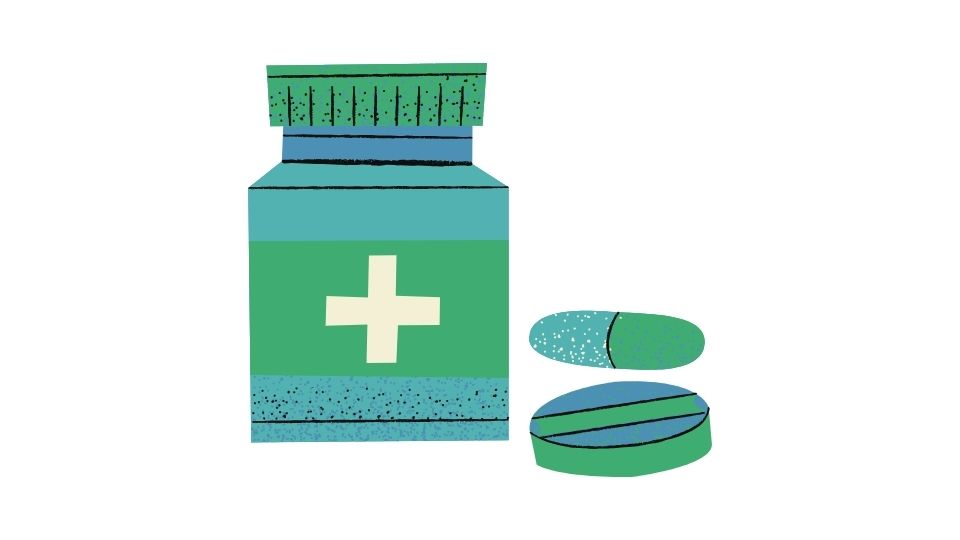
An Applied Health Science degree might be perfect if you:
- Are interested in healthcare but not sure exactly which role yet
- Want to help people but aren’t necessarily drawn to direct patient care
- Need a flexible degree that can open multiple doors
- Want practical skills alongside theoretical knowledge
- Are considering a graduate health program but want job options in the meantime
The healthcare field needs more than just doctors and nurses—it requires a whole ecosystem of professionals with different skills and knowledge bases. This degree helps fill that gap.
So if you’re nodding along thinking “this sounds like me,” an Applied Health Science degree might be your next smart move on the path to a rewarding healthcare career.
